Categories of motor vehicles
Category A driving licence (or A1, A2)
A motorcycle driving licence
Vehicle with an engine capacity of over 50 cc or capable of speeds higher than 45 km/h are called motorcycles. A motorcycle can have two or three wheels (for example, a motorcycle with a sidecar). Another example would be a trike, or a motorcycle with two symmetrical wheels on the front or rear axle.
As a motorcycle is quite fast and a careless driver could cause a risky situation, motorcycles are divided into subcategories with their own technical restrictions and minimum ages for drivers.
Category A training - start it now!
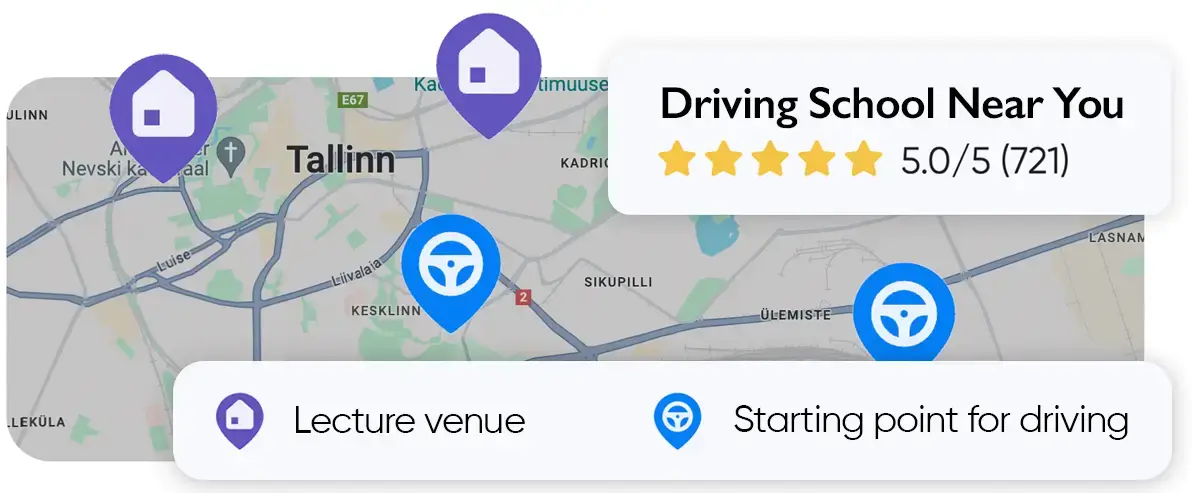
Content
- Category A
- Category A1 driving licence
- A1 Category through a Simplified Procedure
- Category A2 driving licence
- Comparison table for categories A, A1, A2
- First aid course
- State exams for motorcyclists
- Driving licence requirements for ATV riding
- Personal driving supervisor: categories A, A1, A2
- Other useful information
Category A
-
no limitationsEngine capacity and net power
-
2 yearsRequirement for receiving a driving licenceyou have held a driving licence for any category car, including a provisional driving licence
-
from 23.5 yearsAge for starting the course
-
24 yearsMinimum age for the state exams
-
10 theory lessons and 10 driving lessonsWorkload
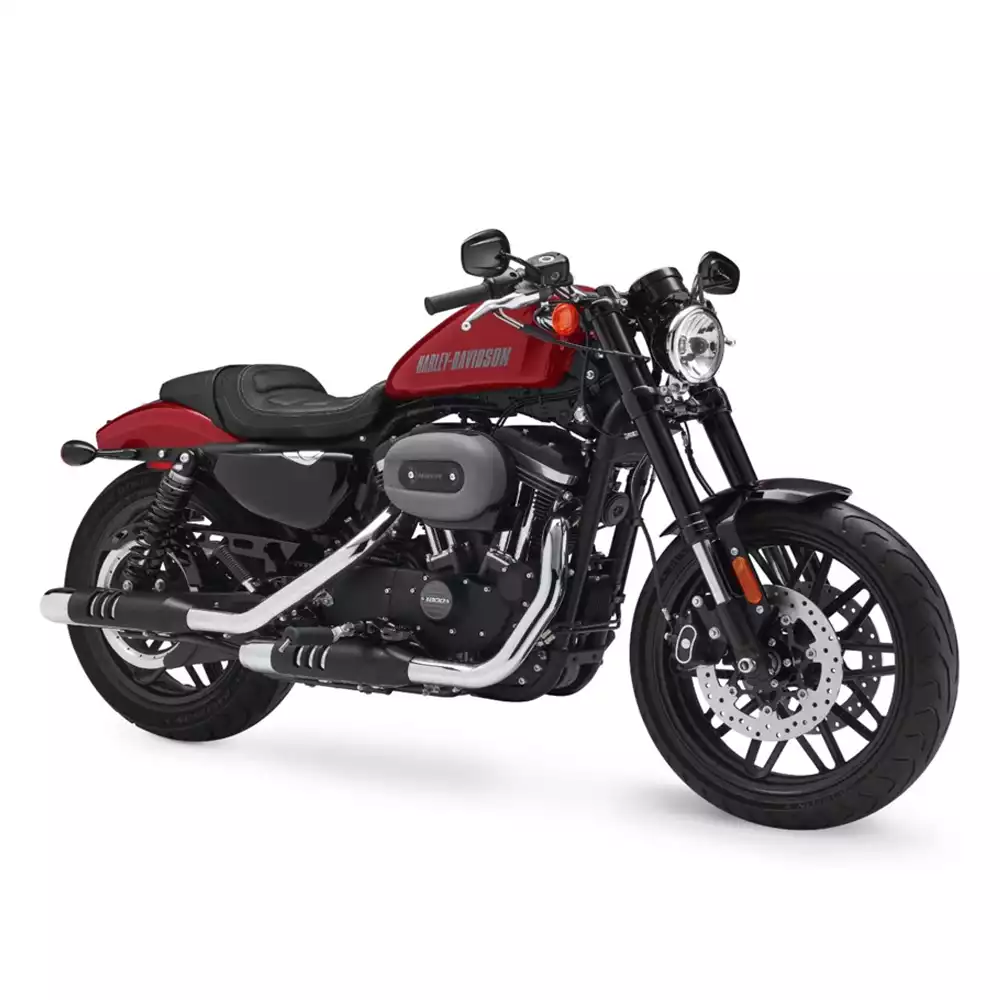
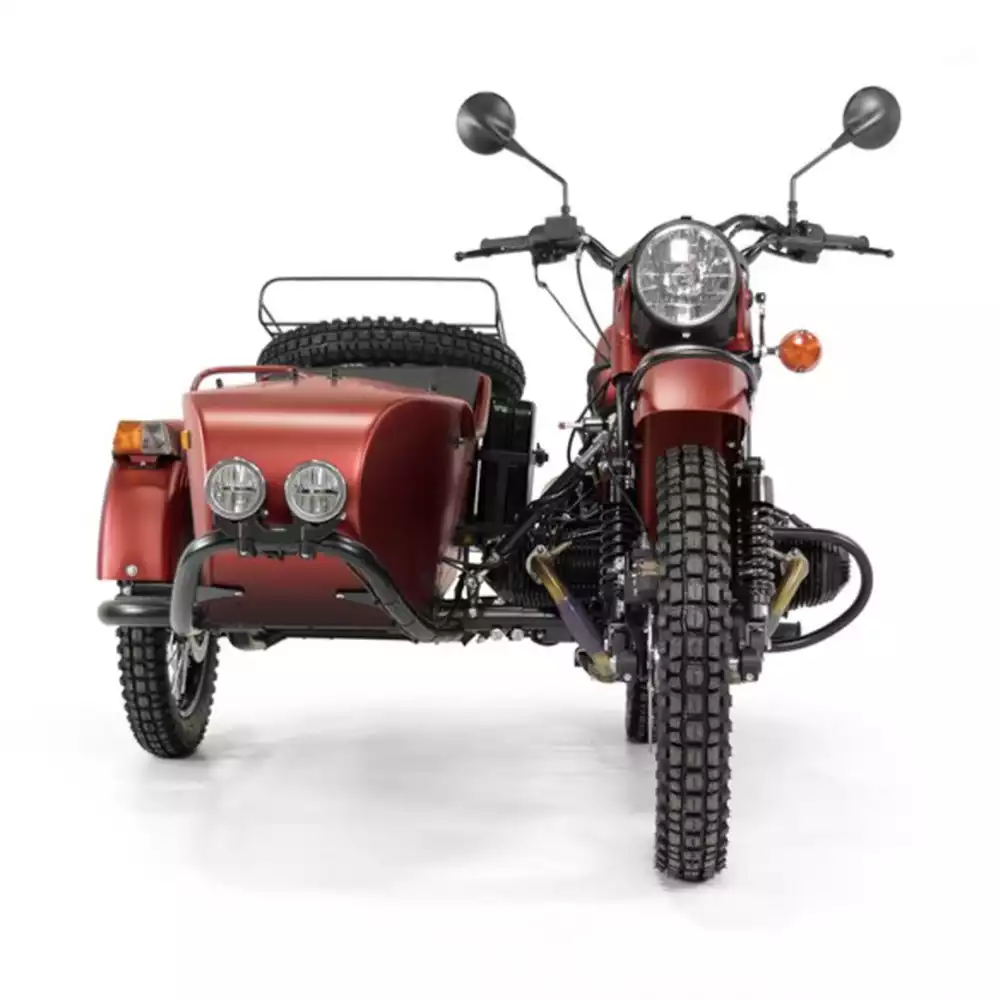
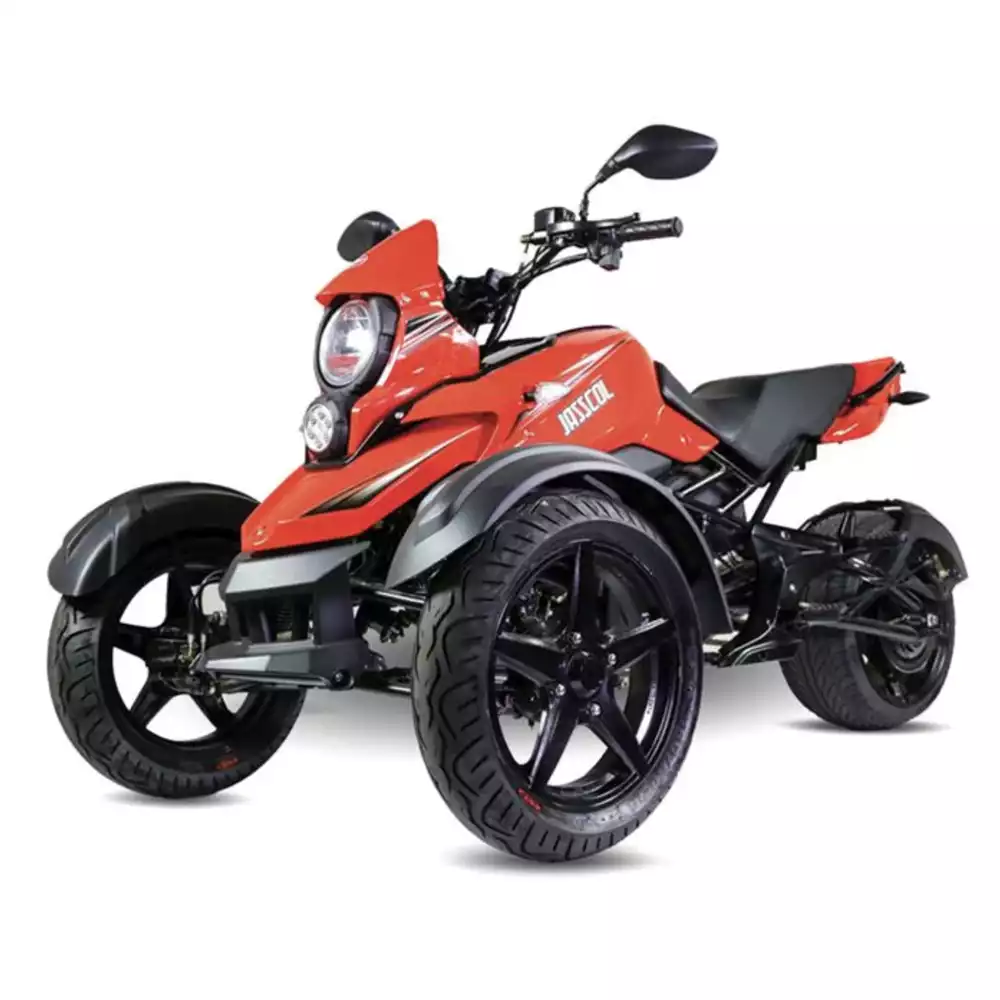
Category A is any motorcycle, i.e. there are no limits to the engine capacity or power. You can only take a full category A course once you have held a driving licence for any category car for at least two years, including a provisional driving licence.
You must pass at least ten theory and ten driving lessons at a driving school. You can take a look at the curriculum here. Sometimes, driving schools that offer motorcycle training are also colloquially called motoschools. A motoschool is a regular driving school like any other, but some of them focus solely on training motorcycle drivers.
You are allowed to drive a category A motorcycle from the age of 24 with one exception. If you have held a subcategory A2 driving licence for two years, you may take the driving test for category A of the Transport Administration and receive a full category A driving licence starting from the age of 20 (you do not have to take a special course at a driving school for this).
You are also allowed to drive trikes and subcategory A1 and A2 motorcycles with a full category A driving licence.
Category A1 driving licence
A subcategory A1 motorcycle has a maximum engine capacity of 125 cc and power up to 11 kW. If the subcategory A1 motorcycle has three wheels, then it can have a maximum engine capacity up to 15 kW. A subcategory A1 motorcycle can be driven from the age of 16.
-
up to 125 ccEngine capacity
-
up to 11 kWMotor powerif the motorcycle has three wheels, then up to 15 kW
-
16 yearsMinimum age
-
noneRequirements for starting the course
-
from 15.5 yearsAge for starting the course
-
24 theory lessons and 12 driving lessonsWorkload of initial training
-
10 theory lessons and 10 driving lessonsWorkload of further training
-
15 years and 6 monthsMinimum age for a state theory examin case of initial training; in case of further training 16 years
-
15 years and 9 monthsMinimum age for a state driving examin case of initial training; in case of further training 16 years

If you already have a category B driving licence, then you can complete the training based on an abbreviated curriculum, i.e. as a further training course. In this case, you must take at least ten theory and ten driving lessons at a driving school. You can take a look at the curriculum here.
If you do not hold a category B driving licence, you must complete the training to the full extent, i.e. as initial training, and take at least 24 theory and 12 driving lessons at a driving school. You can take a look at the curriculum here. In addition to the basic driving course, you must also complete a first aid course.
A1 Category through a Simplified Procedure
If a driver holds a category B driving licence for at least two years*, they can obtain the right to drive an A1 subcategory motorcycle through a simplified procedure. To do this, they must attend a driving school and complete the full A1 subcategory training programme (at least 10 theory lessons and 10 driving lessons). After completing the training, the driver automatically gains the right to operate an A1 subcategory motorcycle.
* the period of holding a provisional driving licence or a restricted driving licence is not included in that time.
The simplified procedure means that the driver does not have to take the Transport Administration exams. In this case, the A1 subcategory is not indicated on the driving licence. Instead, a respective note is added to the traffic register confirming that the driver has the right to operate an A1 subcategory motorcycle, and the police verify this right through the register.
NB! The A1 subcategory obtained under the simplified procedure is valid only in Estonia.
If the driver wishes to ride an A1 subcategory motorcycle abroad, they must pass both the theory and practical exams at the Transport Administration. After that, a new driving licence indicating the A1 subcategory will be issued.
Category A2 driving licence
A subcategory A2 motorcycle has a motor power up to 35 kW or power density up to 0.2kW/kg (no restrictions on the engine capacity). It can be driven from the age of 18.
-
no limitationsEngine capacity
-
up to 35 kWMotor poweror power density up to 0.2kW/kg
-
18 yearsMinimum age
-
noneRequirements for starting the course
-
years 17.5 yearsAge for starting the course
-
24 theory lessons and 12 driving lessonsWorkload of initial training
-
10 theory lessons and 10 driving lessonsWorkload of further training
-
17 years and 6 monthsMinimum age for a state theory examin case of initial training; in case of further training 18 years
-
17 years and 9 monthsMinimum age for a state driving examin case of initial training; in case of further training 18 years

If you already have a category B driving licence, then you can complete the training based on an abbreviated curriculum, i.e. as a further training course. In this case, you must take at least ten theory and ten driving lessons at a driving school. You can take a look at the curriculum here.
If you do not hold a category B driving licence, you must complete the training to the full extent, i.e. as initial training, and take at least 24 theory and 12 driving lessons at a driving school. You can take a look at the curriculum here. In addition to the basic driving course, you must also complete a first aid course.
Comparison table for categories A, A1, A2
| # | A | A1 | A2 |
|---|---|---|---|
| Engine capacity | no limitations | up to 125 cc | no limitations |
| Motor power | no limitations | up to 11 kW* | up to 35 kW***** |
| Minimum age | 24 years | 16 years | 18 years |
| Requirement for receiving a driving licence | 2 years** | not required | not required |
| Age for starting the course | from 23.5 years | from 15.5 years | from 17.5 years |
| Workload of initial training | no initial training | 24 theory lessons and 12 driving lessons | 24 theory lessons and 12 driving lessons |
| Workload of further training | 10 theory lessons and 10 driving lessons | 10 theory lessons and 10 driving lessons | 10 theory lessons and 10 driving lessons |
| Minimum age for a state theory exam | 24 years | 15 years 6 months*** | 17 years 6 months**** |
| Minimum age for a state driving exam | 24 years | 15 years 9 months*** | 17 years 9 months**** |
First aid course
Initial training for categories A1 and A2 includes a first aid course
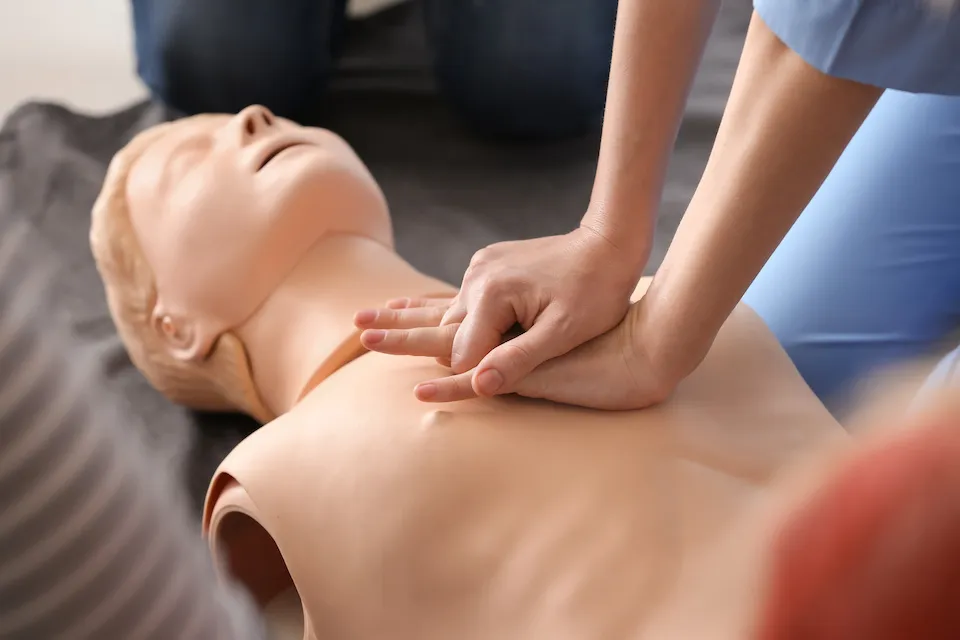
Every driver should be able to provide first aid. Therefore, in the driving school, all students take a first aid course with a total of 16 academic hours. The training involves not only theory, but also practice — you can practice in providing first aid on special mannequins.
First aid training also includes learning resuscitation techniques and how to help people who have lost consciousness. During the training you will learn what to do in the event of an accident, how to call for help, how to stop bleeding, how to help a person in shock, and much more. You will also be introduced to important first aid equipment.
State exams for motorcyclists
The state exams for categories A, A1, A2 are the same
The theory test consists of 40 questions, ten of which are about road safety. You are allowed a maximum of five mistakes, but only one in the case of questions about road safety. You will have 30 minutes to complete the test.
The driving test is carried out in two stages – exercises on the training track and driving on the road. You have to complete the following exercises on the training track:
- slow driving;
- slalom exercise;
- figure-8 exercise.
- emergency stopping;
- stopping and bringing the vehicle to a stop at the designated spot;
- passing obstacles;
- pushing the vehicle to a parking spot and leaving the parking spot.
You can make two attempts to complete each exercise. For more information, click here.
The road traffic part of the driving test lasts about 35–45 minutes. You can take a state driving exam with a motorcycle that you are going to use; however, you should consider certain things. You can read about the state exams and assessment here.
Once you have passed your tests, you will be issued a driving licence for the respective category or subcategory.
Driving licence requirements for ATV riding
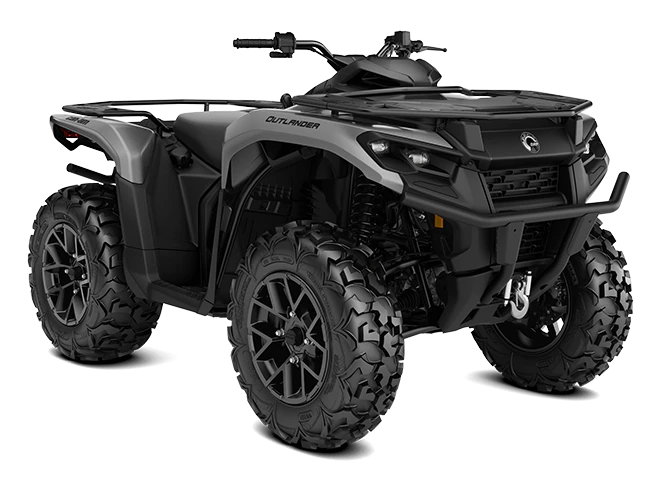
A2 and A category driving licences give you the right to drive an ATV* with an L7e category indicated on the registration certificate. With an A1 subcategory driving licence, you can drive the aforementioned ATVs if their engine displacement does not exceed 125 cc and the power does not exceed 11 kW. If the engine power exceeds 15 kW, then it can be driven from the age of 21.
*The use of ATVs, also known as all-terrain vehicles, on public roads is allowed only if they are registered in the traffic registry as a vehicle of the L7e category (this is reflected in the registration certificate). Riding such an ATV only requires a B category driving licence. The driver and passenger must wear securely fastened motorcycle helmets.
Personal driving supervisor: categories A, A1, A2
In addition to drivers, motorcyclists may also practice driving with a personal driving supervisor for more driving experience during their time as a trainee. However, supervising a motorcyclist entails certain peculiarities:
- the personal driving supervisor sits on the back seat of the motorcycle or follows it in a car or a motorcycle;
- the personal driving supervisor and the motorcyclist must communicate through a radio or mobile connection;
- the motorcyclist must wear a reflective safety vest that bears the driving practice symbol on the back;
- if the personal driving supervisor is following in a car, then it must be marked with driving practice symbols; if they are driving on a motorcycle, then they must wear a safety vest with a driving practice symbol on the back.
This means that the same rules apply to supervision as to driving lessons at a driving school. This is useful information because the Road Traffic Act does not provide a clear answer to how to supervise motorcyclists and this explanation is based on the guidelines of the Transport Administration.
For more information about supervision and the personal driving supervisor’s certificate, please click here.
Other useful information
At Liikluslab, you can complete a theory course for motorcyclists online.
Liikluslab also helps prepare for the theory test – check and improve the level of your knowledge. The study environment will indicate the likelihood of passing the test (if interested, read more about the AI algorithms here).
To start your training, you must first select a suitable driving school. You can read about the aspects to consider when choosing a driving school and where to find a list of driving schools along with the feedback of trainees here.
The driving school provides the necessary riding gear (helmet, jacket, etc.). However, buying your own personal riding gear, suitable for your build, before your first driving lesson would be sensible. Nevertheless, do not be too hasty with the purchase – before you buy anything, you should complete the theory lesson that explains the principles and nuances of selecting suitable gear.
Before starting a driving course, you should obtain a health certificate. If you already have one, check its validity. This process is described in greater detail here.
If you fail the driving test of the Transport Administration three times, you are referred back to a driving school for continued training. You can read more about it here.
Next article
B – passenger car >>